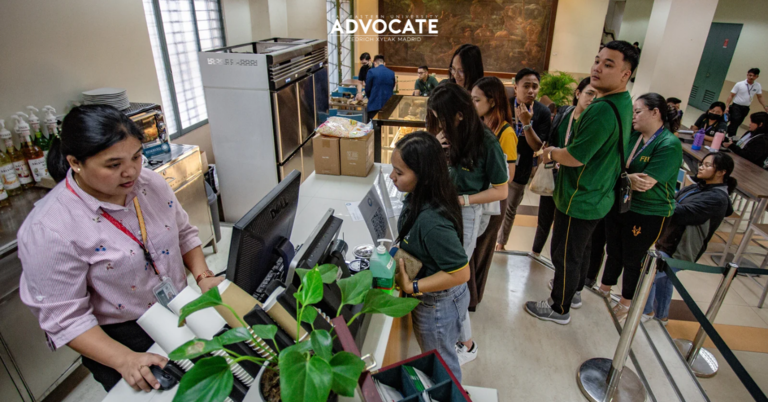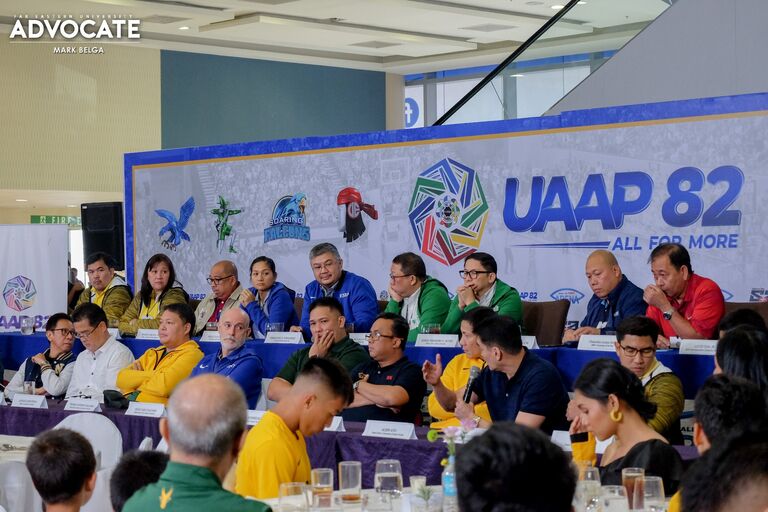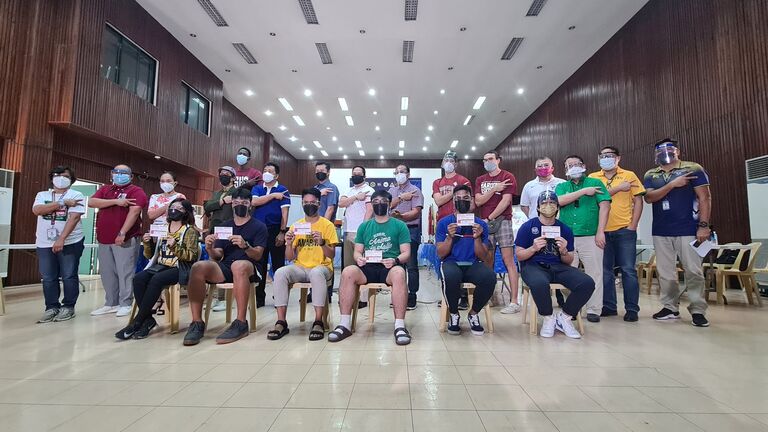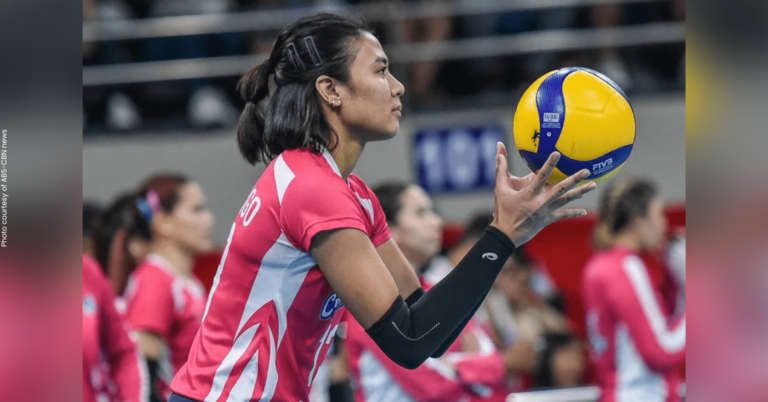
Cafe Alfredo resumes operations, relocates to NRH
- January 30, 2024 09:01
FEU Advocate
September 08, 2023 09:57

Regardless of how rational the Wellness and Recreation Program (WRP) department thinks their solutions are, unless they open themselves more to external criticism, their advocacy of ‘wellness’ will be impossible to attain.
When the new academic year in Far Eastern University (FEU) began, it was to everyone’s surprise that the WRP revised their guidelines once again. Only unlike the previous revisions, the new guidelines caused an uproar within the student body.
FEU imposed WRP as the Physical Education (PE) subject equivalent for other schools. Described as a more ‘holistic’ approach to the PE subject, its calling cards are its diversity in learning opportunities—and before, its flexibility. Since its introduction in 2018, it has had plenty of changes in its guidelines.
After the pandemic restrictions eased and FEU returned to face-to-face classes last year, it is evident that the original guidelines underwent major revisions—from PowerApps being used to register, to FEU Learning Journey (FLJ) being diverted as a separate entity from WRP.
In the previous iterations of WRP, the slots that students select in the student central during enrollment are just placeholders for the grades. Now, the section and schedule enrolled is the actual time slot students must follow when booking and attending sessions with an absence system similar to the system used in major subjects.
Though reservations of activities are now fixed, the CDF is still a viable help since students can still participate on days outside of their fixed schedules and will still receive the credit hours.
In an interview with FEU Advocate, the new WRP head Jeremy Floyd Pedregosa justified the switch to a fixed schedule due to an influx of students that cram their WRP bookings near the end of the semester.
"Actually matagal naman na ‘yang policy I think it was last June or July pa ata yan napag-uusapan (Actually the new policy has been talked about as early as June or July, to my knowledge,)… Because the observation was, parang (like) it defeats the purpose of the wellness and recreation eh. Parang (Like) most of the students are just catching up. Few are just enjoying the Wellness and Recreation Program,” he said.
Pedregosa also elaborated that these new guidelines hope to alleviate how students comply with the minimum hours which contradicts the purpose of fitness and exercise.
Numerous students have complained to the WRP department as well as through Facebook posts in the unofficial group One Piyu Community that the department was very unclear with the new guidelines.
Aside from the indication of a fixed schedule in Canvas, students were unaware if the CDF will still be credited, if they will be marked absent if they fail to book a session, and countless other concerns.
According to Acting WRP Coordinator Anthony Cawaling, these internal issues were caused by an untimely transition within the department as Pedrogosa was only appointed last August, just a short period of time to adjust the new system handed over as the new WRP chairperson.
In the height of the misconceptions about the new guidelines, rumors started circulating that it was the FEU Central Student Organization (FEUCSO) that recommended the fixed schedule system. This prompted posts by the former and current FEUCSO presidents clarifying that the recommendation was theirs, but poorly executed by the WRP department.
In defense of the WRP department, Cawaling stated that the transition may have been a factor in the lack of dissemination of information between the two parties on this matter.
Despite the fact that the recommendation of a fixed schedule is indeed from FEUCSO, it can also be argued that the lack of dissemination and poor guidelines revision is solely the WRP department’s fault.
It is questionable why the WRP decided to implement this, a suggestion that the former FEUCSO president described to be ‘barely the focal point’ of their meetings, when there are plenty of other substantial complaints from the students that have piled up since they reverted back to face-to-face activities last year.
Thousands of students have long complained about the number of hours being too large, and it has been proven time and time again that 100% completion from the whole student population is not feasible.
In the first semester of the previous term, the WRP department was forced to reduce the hours at the last minute, and in the second semester, they extended the deadline as well as added other opportunities as well as added webinars and credited University Athletic Association of the Philippines (UAAP) games with free tickets.
For quite some time, the UAAP accreditation was seen as a good policy from the WRP. Aside from boosting ticket sales in the Tams Bookstore, it also encouraged support for our sports teams. Not only did it give an incentive to the students who normally don’t watch live games, it also filled the arenas, which was a morale boost for the athletes who fed off the crowd’s energy.
The removal of these other extracurricular activities that are credited within the WRP pose not only as a problem to the students, but to the WRP department as well because when the students find difficulties in complying with the minimum hours near the end of the semester, it will be hard to find other avenues to collect hours because they themselves have effectively removed it.
Some students have already dropped their WRP subject, fearing the subject will interfere with their workload. Others, including graduating students who have to balance their WRP with their internship, have expressed their frustration with the increasingly complicated policies year after year.
It seems apparent that the WRP department made these changes with the intention of emphasizing the “recreation” in the WRP. Unfortunately, these new guidelines, aside from being poorly disseminated, fail to resolve the lingering issues at hand that the students have been complaining about for well over a year now.
If they fail to include the students as their stakeholders in the revision talks from the start, then they open themselves to the possibility of being an obstruction rather than the enjoyable subject Pedregosa wants the WRP to be.









